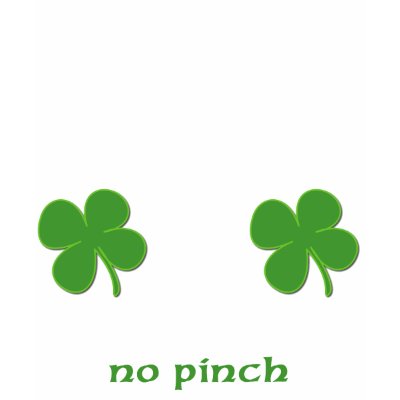It's impossible not to notice the steep drop in student demonstrations and youth-driven environmental and social justice campaigns over the past couple of decades. Can you imagine the US fighting two nearly decade-long futile, unwinnable wars in the 70's with nary a peep of protest on college campuses? When things like nuclear power and toxic pollution topped the list of potential ecological catastrophes, hundreds of thousands of idealistic young people mobilized and took to the streets to defend their planet. Today, with climate change posing a terrifying threat to future generations, you can search until the cows come home and still never find any mass movement of young people demanding serious action to avert a disaster that could potentially be far worse than any seen in recorded human history.
"Fuck it," the Captain can hear them say, "it's like, not my problem, you know. If Bangladesh goes underwater, how does that affect me? I've got to, you know, like, update my Facebook page and shit. It's gonna be so fuckin' AWESOME when I post pictures of me and my bros doin' belly shots with these hot chicks in Cancun! Don't bring me down with your gloom and doom shit, man, let me enjoy my time in college. When I graduate, I'm gonna be, like, slavin' away for an fuckin' investment bank for like, a hundred hours a week, man. Spare me the guilt trips, I'm gonna make sure my family is taken care of."
Well, it turns out the increased level of narcissism and utter lack of empathy exhibited by our current crop of youngsters isn't just the Captain's perception. Good ol' Science has come along with clear evidence that this change is really happening on a massive scale.
... Empathy is a cornerstone of human behavior and has long been considered innate. A forthcoming study, however, challenges this assumption by demonstrating that empathy levels have been declining over the past 30 years.
The research, led by Sara H. Konrath of the University of Michigan at Ann Arbor and published online in August in Personality and Social Psychology Review, found that college students’ self-reported empathy has declined since 1980, with an especially steep drop in the past 10 years. To make matters worse, during this same period students’ self-reported narcissism has reached new heights, according to research by Jean M. Twenge, a psychologist at San Diego State University.
An individual’s empathy can be assessed in many ways, but one of the most popular is simply asking people what they think of themselves. The Interpersonal Reactivity Index, a well-known questionnaire, taps empathy by asking whether responders agree to statements such as “I often have tender, concerned feelings for people less fortunate than me” and “I try to look at everybody’s side of a disagreement before I make a decision.”
[...]
Since the creation of the Interpersonal Reactivity Index in 1979, tens of thousands of students have filled out this questionnaire while participating in studies examining everything from neural responses to others’ pain to levels of social conservatism. Konrath and her colleagues took advantage of this wealth of data by collating self-reported empathy scores of nearly 14,000 students.... The results were startling: almost 75 percent of students today rate themselves as less empathic than the average student 30 years ago.
[...]
Precisely what is sapping young people of their natural impulse to feel for others remains mysterious, however, because scientists cannot design a study to evaluate changes that occurred in the past.
[...]
There are theories, however. Konrath cites the increase in social isolation, which has coincided with the drop in empathy. In the past 30 years Americans have become more likely to live alone and less likely to join groups—ranging from PTAs to political parties to casual sports teams. Several studies hint that this type of isolation can take a toll on people’s attitudes toward others. Steve Duck of the University of Iowa has found that socially isolated, as compared with integrated, individuals evaluate others less generously after interacting with them, and Kenneth J. Rotenberg of Keele University in England has shown that lonely people are more likely to take advantage of others’ trust to cheat them in laboratory games.
The types of information we consume have also shifted in recent decades; specifically, Americans have abandoned reading in droves. The number of adults who read literature for pleasure sank below 50 percent for the first time ever in the past 10 years, with the decrease occurring most sharply among college-age adults.... [Studies have] shown that adults who read less fiction report themselves to be less empathic.
[Scientific American]

































